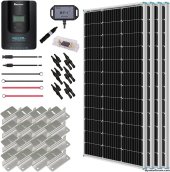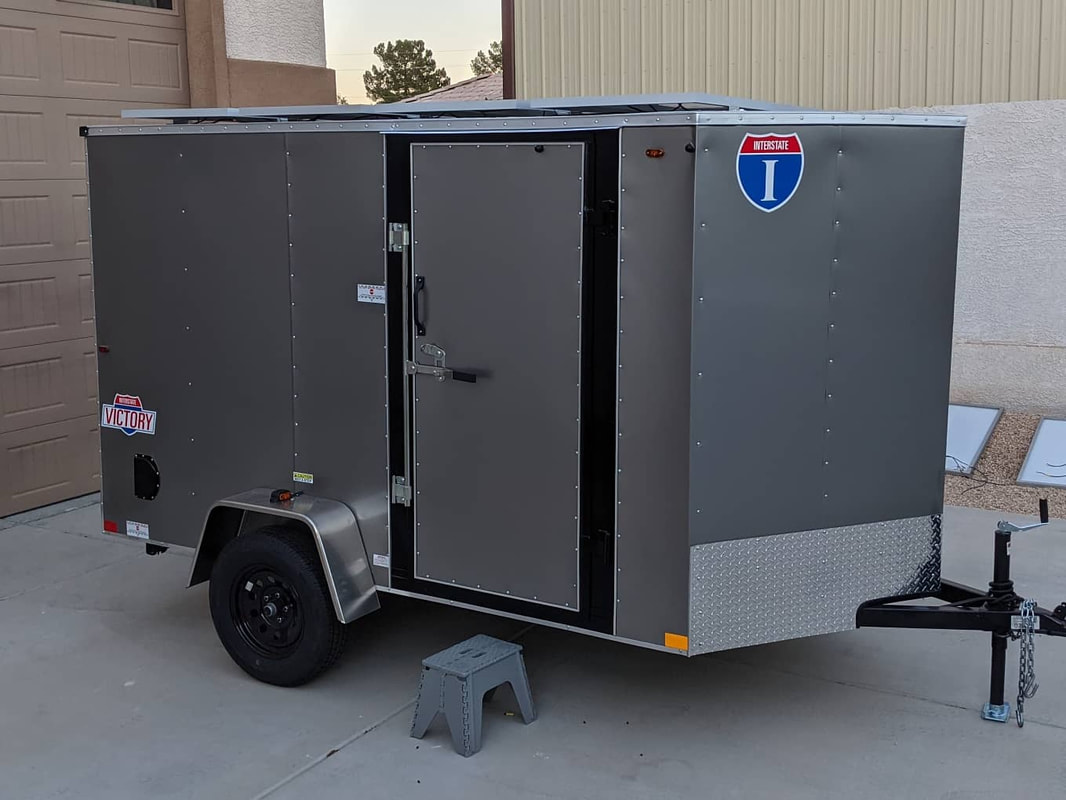freebird413
New Member
I am in the beginning stages of research and i wanted to get some opinions. I want to take a 5x8(ish) enclosed utility trailer and add a solar power system to it for charging electronics and such.
I just want to make sure i got this right. I can go from the solar panels to the charge controller. Then from the charge controller i can connect to battery to the battery connections and i would connect my inverter to the load connections of the controller. Then I want to have the power inverter connected into a breaker box to run a few outlets around the trailer to plug things in at. The solar panels will be attached on top of the trailer.
This is just research and possibly proof of concept by spring. I have some events next year that i plan on using it for. attached is the system i plan on using. i just need to find an inverter that i can hook up to a small breaker box
I just want to make sure i got this right. I can go from the solar panels to the charge controller. Then from the charge controller i can connect to battery to the battery connections and i would connect my inverter to the load connections of the controller. Then I want to have the power inverter connected into a breaker box to run a few outlets around the trailer to plug things in at. The solar panels will be attached on top of the trailer.
This is just research and possibly proof of concept by spring. I have some events next year that i plan on using it for. attached is the system i plan on using. i just need to find an inverter that i can hook up to a small breaker box




